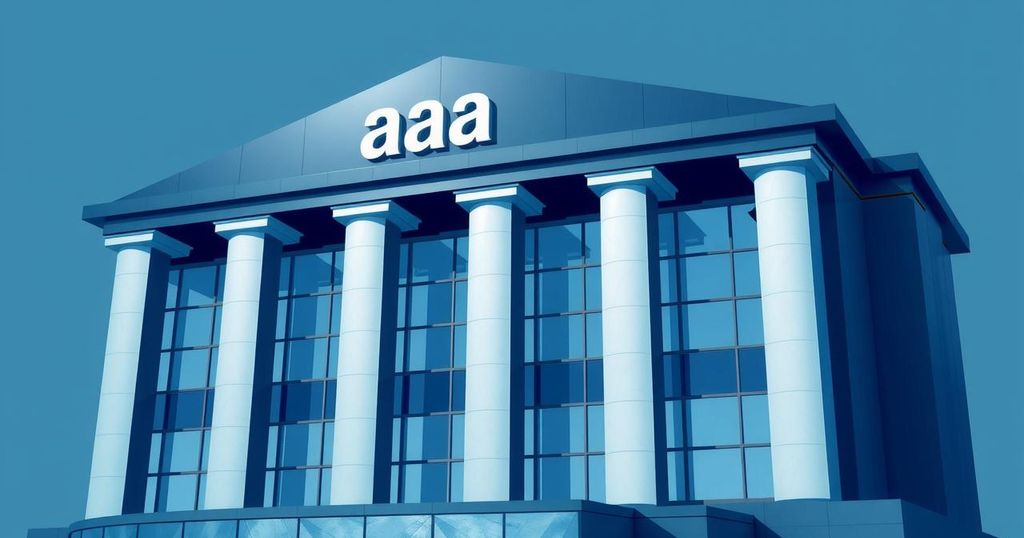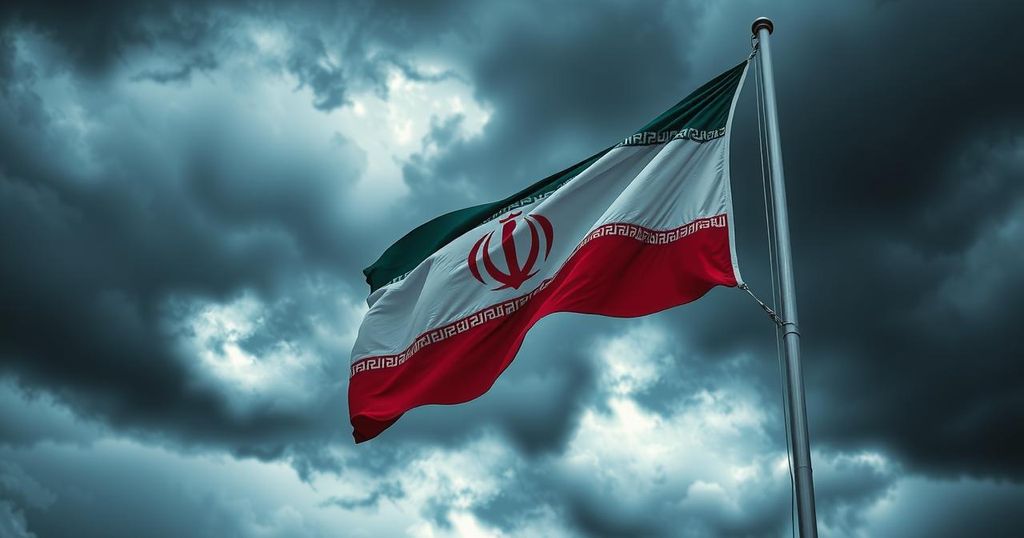The U.S. Export-Import Bank is lending $4.7 billion to TotalEnergies’ LNG project in Mozambique, regarded as a “carbon bomb.” The funding comes despite significant delays due to security issues from local insurgents and criticisms regarding its environmental and human rights ramifications. Recent actions highlight conflicting priorities between economic development and global climate commitments.
The U.S. Export-Import Bank (EXIM) is providing a $4.7 billion loan to TotalEnergies’ liquefied natural gas (LNG) project in Mozambique, which has been labeled a “carbon bomb” by environmental groups. This funding is vital in propelling the much-delayed $20 billion project, primarily stalled due to insurgent terrorist attacks in the region. While EXIM initially backed the project in 2019, delays and security concerns have persisted since TotalEnergies withdrew in response to violence by local Islamist groups.
Construction efforts in northern Cabo Delgado Province were halted after an attack by the Al-Shabaab insurgent group, which resulted in a substantial loss of life and created widespread insecurity. Although TotalEnergies intended to resume work last year, CEO Patrick Pouyanné acknowledged that ongoing issues would delay construction until at least 2029. His lobbying efforts for funding under the Biden administration were unsuccessful, but with a new board at EXIM, he recognized a shift towards operational functionality at the bank.
Despite pledges by the U.S. at climate summits to curtail public financing for overseas fossil fuel initiatives, EXIM’s support for this LNG project suggests a contradiction. A failed proposal at the OECD aimed at banning such financial backing faced opposition, illustrating the challenge of reconciling economic interests with climate commitments. The financing of this mega-project is projected to generate significant CO2 emissions—up to 121 million tonnes annually—over a projected lifespan of nearly 40 years.
Environmental advocates have harshly criticized the project, with Kate DeAngelis from Friends of the Earth labeling it a misuse of taxpayer funds and Collin Rees from Oil Change International designating it as both a climate and human rights calamity. Furthermore, investigations into TotalEnergies have emerged regarding possible failures in safeguarding subcontractor safety during previous terrorist attacks, as allegations surface about human rights abuses connected to Mozambique’s military. EXIM’s decision to proceed with the loan reflects a puzzling disregard for these significant concerns, especially as U.S. international aid programs are reportedly being reined in during the same period.
In summary, TotalEnergies’ LNG project in Mozambique, bolstered by a significant loan from the U.S. Export-Import Bank, highlights a contentious intersection of economic development and environmental responsibility. The project faces severe criticisms for its potential climate impact and alleged human rights violations. As the backing for such initiatives persists, it raises critical questions about the U.S. commitment to addressing climate change while supporting fossil fuel projects abroad.
Original Source: macaonews.org




